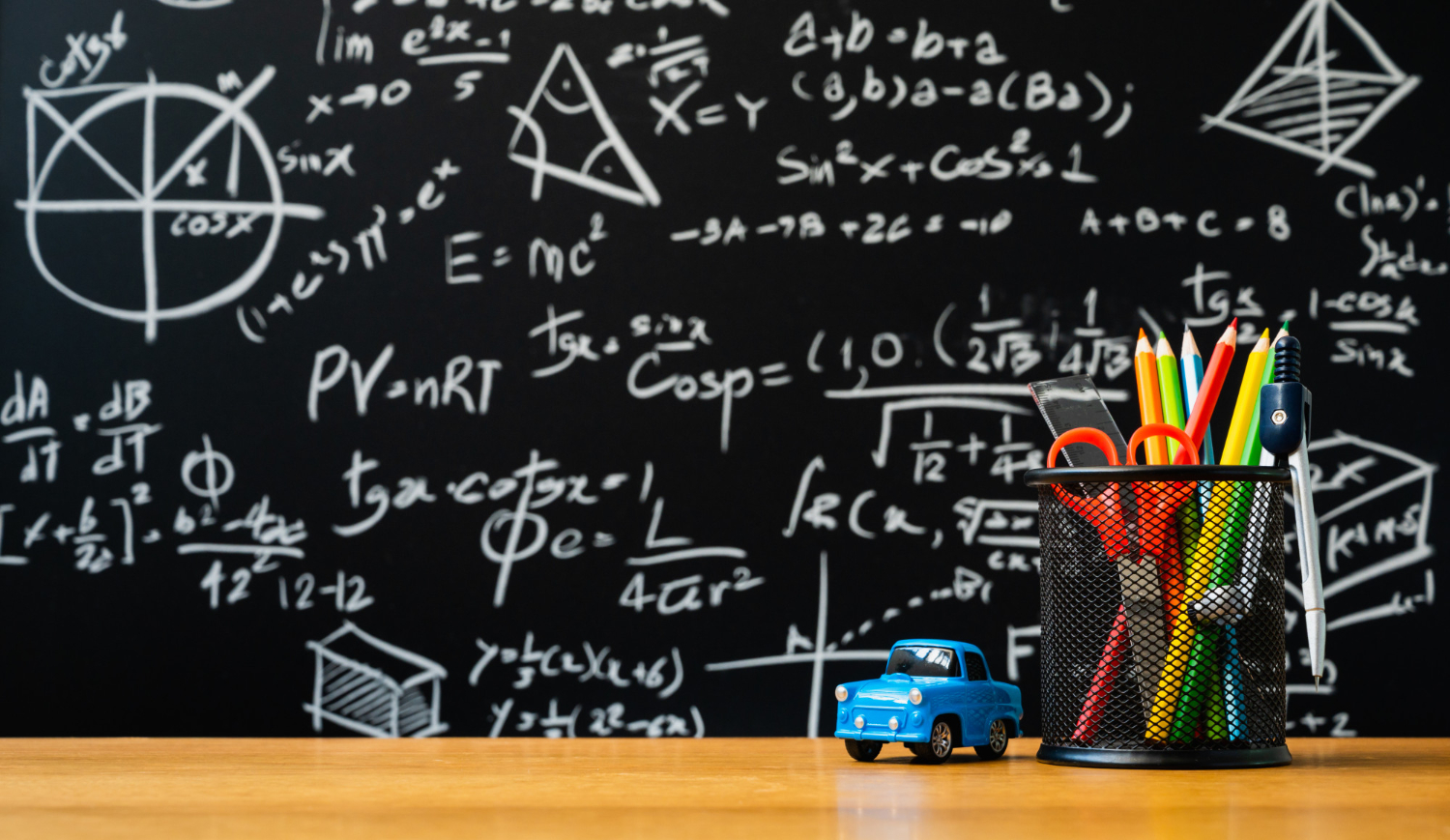Effective ways to Solve Physics Problems in JEE-Mains 2023 - English


Preparing for JEE-Mains requires a strong foundation in physics concepts and problem-solving skills. Here are some techniques that can help you to solve physics problems effectively:
Master the basics: A thorough understanding of basic concepts and formulae is crucial to solving physics problems. Make sure you have a good grasp of the fundamental principles, laws, and theories before moving on to more complex problems.
Practice regularly: Consistent practice is essential to develop your problem-solving skills. Solve a variety of problems from different sources, including textbooks, previous year papers, and practice papers.
Develop problem-solving strategies: Approach problems systematically by breaking them down into smaller, manageable steps. Draw diagrams, visualize the problem, and identify the given information and what needs to be found. Use logical reasoning and make educated guesses if necessary.
Use the right formulas: Knowing the right formulas and equations is important to solve physics problems quickly and accurately. Memorize the most important formulas and understand their derivations.
Pay attention to units: Units play a crucial role in physics problems. Make sure you convert all quantities to the same units before plugging them into equations.
Learn from your mistakes: Analyze your mistakes and try to understand why you made them. This will help you avoid similar mistakes in the future.
Time management: Time is a critical factor in JEE-Mains. Practice solving problems under timed conditions to develop your speed and accuracy.
Stay calm and focused: Solving physics problems can be challenging and stressful. Stay calm, focused, and don't get overwhelmed by the complexity of the problem. Take a break if needed and come back with fresh eyes.
Overall, developing a strong foundation in physics concepts, consistent practice, and a systematic approach to problem-solving can help you succeed in JEE-Mains.